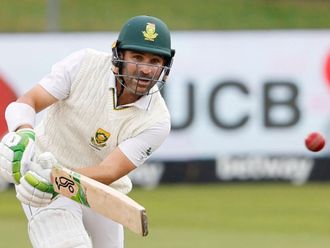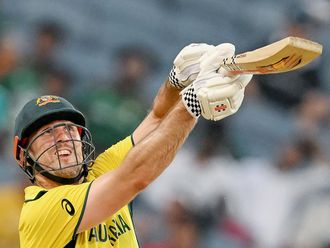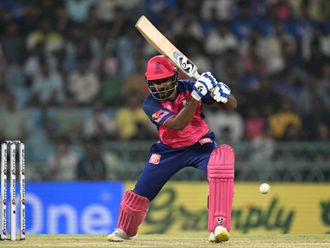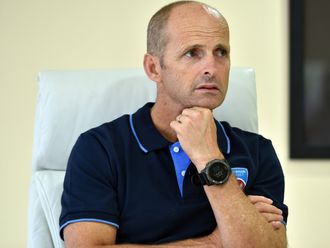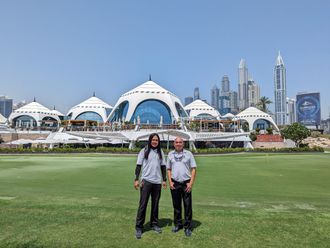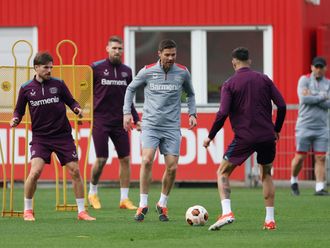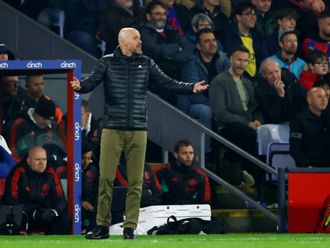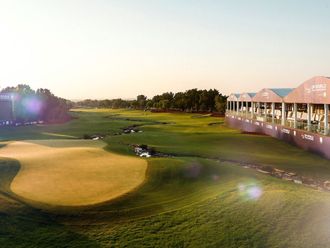It’s been five days since that magical finish by the West Indies in the final of World Twenty20, but the memories continue to linger.
Sitting in the heart of a raucous 50,000-strong crowd at the Eden Gardens back in Kolkata, it’s participation level made one wonder if the host nation was actually missing in the title-clash.
Two World T20 titles on the same evening, preceded by the Under-19 World Cup title a couple of months back would have been like a crowning glory for any other cricketing nation – but not so in the current context of West Indies cricket. As an emotional captain Darren Sammy tore into his country’s cricketing establishment at the acceptance speech with the trophy, it was becoming obvious that the chasm between the leading players and the West Indies Cricket Board (WICB) is only going to widen after this.
The last few days have only vindicated such apprehension as Dwayne Bravo – the man who was one of the brains behind the players’ revolt when the West Indies dropped out of the India tour midway in 2014 – blasted WICB as the most “unprofessional” board in the world. Dave Cameron, the WICB president and the subject of players’ ire, has meanwhile wasted a golden opportunity when instead of showing magnanimity by extending the olive branch following the triumph, termed Sammy’s comments as “inappropriate”.
While the mutual dislike and trust deficit between the establishment and the T20 stars (who have stayed back in India for the IPL) shows no signs of abating despite that magical evening for Caribbean cricket, there are also serious doubts if the so-called triple crown this year can actually see a resurgence of the game in the islands. While the success of the youth team as well as the women can spark off a fresh surge of interest in the game at the grassroot level, it’s difficult to see the T20 success having a rub-off on their performance in other formats unless their entire talent pool is integrated.
In the current scenario, top players like Chris Gayle, Bravo, Sammy, Andre Russell, Kieron Pollard and Sunil Narine – who ply their trade in the franchise-based T20 leagues around the world - have been left out of the board’s central contracts system and are only eligible for selection in the shortest format. This leaves the West Indies with an extremely mediocre bunch of individuals to make do with in the 50-overs, as well as Tests – with the longest format proving to be their Achilles’ heel in recent years.
The Test squad which toured Australian shores for the Frank Worrell Trophy towards the end of 2015 was, according to many, possibly the weakest team to tour that country since World War II. The upshot of the West Indians’ success-rate in T20s (twice champions in last the three editions) vis-à-vis other formats will, if anything, enhance the box office potential of their cricketers in the franchise leagues the world over.
Unless the WICB comes up with a compromise formula quickly whereby they can earn the commitment of their top players for a sizeable number of international fixtures in all formats, their cupboard may look even barer in another couple of years’ time as more and more talented youngsters may be inclined towards riding the T20 gravy train.
It will hence be interesting to see if the stakeholders of West Indies cricket can cash in on this winning moment, or let things drift once again…


